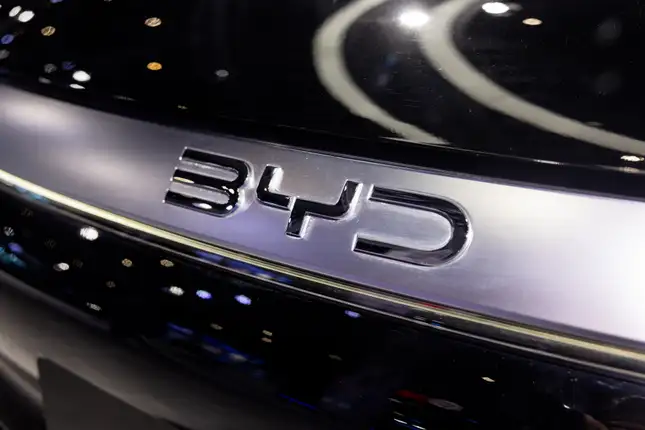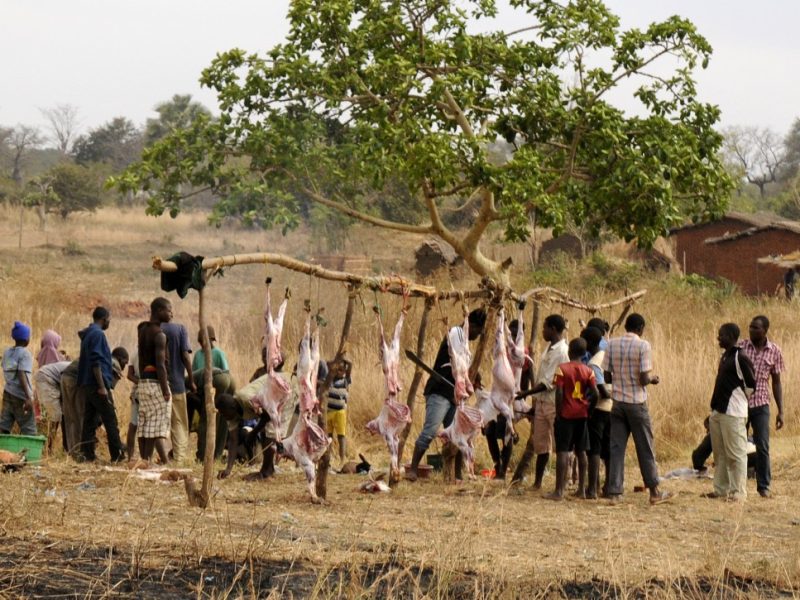Brazil has filed a lawsuit against Chinese electric vehicle giant BYD, accusing the company of subjecting workers to slavery-like conditions during the construction of a new industrial complex in Bahia. The allegations have drawn global attention and raised serious questions about labor practices within major international projects.
What Happened?
The lawsuit, filed by Brazil’s Public Ministry of Labor, claims that dozens of workers were recruited under deceptive circumstances and ended up living in degrading and inhumane conditions. According to investigators, workers were brought in from other regions of Brazil and housed in cramped, unsanitary accommodations without proper access to food or medical care.
In some cases, workers were allegedly coerced into continuing under the threat of not being paid or having no way to return home. Brazil’s labor inspectors found what they termed “conditions analogous to slavery,” which is a legal classification in the country that covers extreme labor rights violations.
BYD’s Response
BYD has denied the allegations and stated that it is cooperating fully with Brazilian authorities. The company claims it outsourced parts of the construction project to local contractors and was unaware of the violations. In a public statement, BYD emphasized that it “strictly follows Brazilian labor laws” and would take “immediate action” if any wrongdoing is confirmed.
However, critics argue that outsourcing does not absolve a company of responsibility, especially when it comes to basic human rights and working conditions on its projects.
Why This Matters
This lawsuit against BYD is not just a legal skirmish—it’s a spotlight on the growing scrutiny of global supply chains and labor practices. Brazil has a long-standing legal framework to combat modern slavery, and this case could serve as a benchmark for how foreign companies operate in the country.
For BYD, a company rapidly expanding its footprint outside China, including into Latin America and Europe, reputational damage could be just as significant as any legal consequences.
Looking Ahead
The Brazilian court system will now investigate the claims and determine if BYD—or its contractors—violated the law. The company could face fines, civil penalties, and reputational damage if found guilty. Meanwhile, the broader implications may extend to how governments and corporations ensure ethical labor practices across borders.
This is not the first time an international firm has faced labor issues in Brazil, but it’s one of the highest-profile cases in recent memory. As electric vehicle demand grows globally, the question isn’t just how fast these companies can build—but at what cost.



